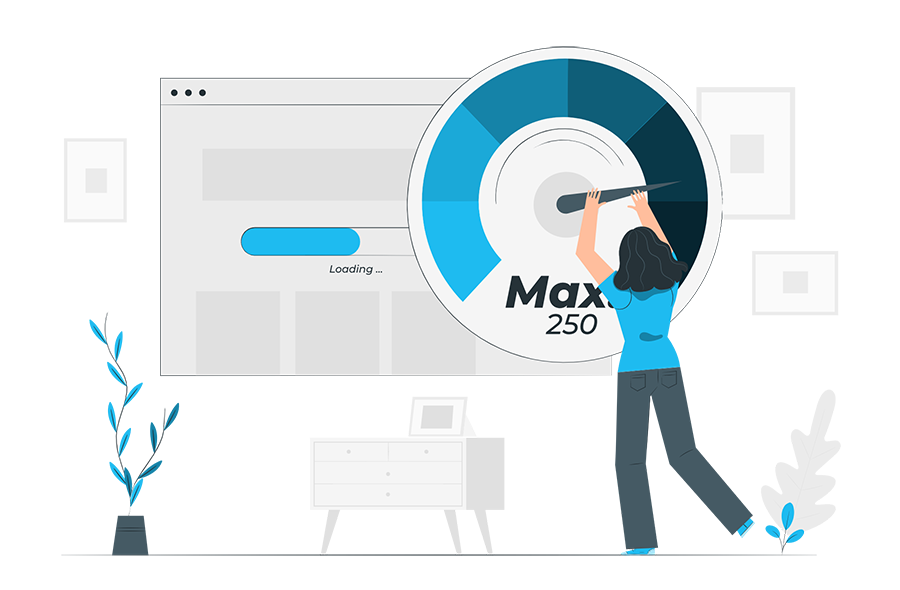What is Website Optimization?
Website optimization (often referred to as CONVERSION RATE OPTIMIZATION) is the process of systematically improving the performance of your website to meet your business objectives.
Whether your goal is to get more leads, sales, or reduce customer service phone calls, website optimization can be used to make your website more effective at meeting those goals.

This process consists of the following steps:
1.Establish a hypothesis – Review your analytics and look for parts of your funnel that are performing poorly, such as pages with high bounce or exit rates. Collect qualitative feedback from visitors as to why they’re not converting. You can brainstorm potential causes of poor performance to build a list of website optimizations to test.
2. Prioritize – After building your list of potential optimizations, you need to put them in priority order. Put them in a spreadsheet and rank them in order of their anticipated impact, your confidence in their potential to improve performance and how easy it is to implement the change.
3. Test your optimizations – A/B testing your website optimizations is the next step. Keep changes that improve the performance of your site, eliminate those that don’t.
4. Analyze tests – Review the testing data to determine which hypotheses were true and which weren’t. By implementing the winning tests you’ll optimize your website for higher conversions with each winning variation. Make sure you don’t end tests too early so that you don’t fall victim to misleading testing data.
5. Optimize your website – Put your winning tests into play and learn from tests that didn’t win. Use both outcomes as inspiration for successive tests to run. Remember, website optimization is an ongoing process that produces its best gains over time.
Why Is Website Optimization Important?
Website optimization is important because it helps your website visitors be more successful with their visits to your website. Every visitor comes to your site hoping to answer a question, find a solution to their problem, or complete a task of one kind or another. When you optimize your website you are making it easier for your site visitors to accomplish those tasks.
For example, if you are an ecommerce website that sells shoes, you can optimize your website to increase the number purchases made by people visiting your website. You can do this through conversion rate optimization, which is focused on systematically a/b testing different parts of your website to increase this conversion rate.
When you optimize your website, your site becomes more effective for your business. A more effective website can increase revenue for your business through new sales or leads, and reduce cost, through better conversion rates on existing marketing spend, or by reducing customer support needs through better information and clarity for visitors with questions.
We create the ideas that help brands
Analyzing how well your web presence relates to best practices
The purpose of the audit is to identify as many foundational issues affecting organic search performance as possible
